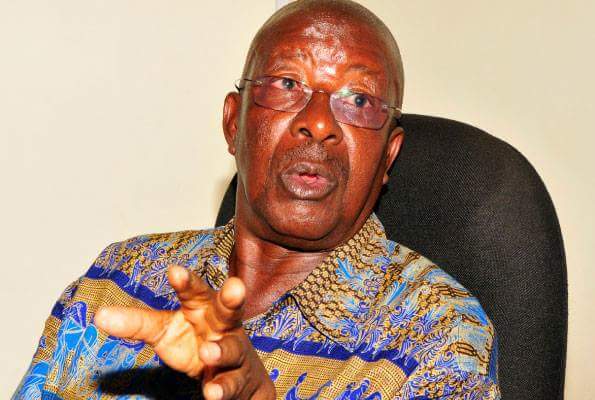The African private sector has largely been out of the proceedings of the African Continental Free Trade Area, AfCFTA, despite being expected to drive its success, according to stakeholders.
The African Continental Free Trade Area, which came into effect in January this year, aimed at promoting trade on the continent through the removal of border restrictions. The ultimate goal is to create a single market made of the 54 countries of the continent, with 1.3 billion people and an economy worth USD .6 trillion in gross domestic product.
Under the treaty, countries are expected to gradually open their borders to trade with one another, by removing tariffs on goods produced within the continent. This will lead to a wider and cheaper market for the countries, compared to currently, wherein some instances it is easier to export to other continents than to African countries. It will also allow capital to move freely across the continent, hence boosting industrialization and production.
But according to the UN Development Organization, UNIDO, at least 80 per cent of the business activities on the continent are controlled by the private sector. Yet, in the negotiation of the treaty forming the AfCTA, the private sector, especially the small and medium enterprises, were given no role, nor do they know what to do in order to access the opportunities available.
The African Development Bank is now rallying global financial institutions, trade development organisations and governments to make policies and frameworks for the inclusion of the private sector. The framers of the agreement led by the African Union, are also mindful of the views of the public and the private sector in particular, that this could also end up being another good project on paper but not in practice.
The European Investment Bank Senior Economist, Davradakis Emmanouil says that the Private Sector needs to operate under predictable policies and cannot thrive under uncertain environments. He gave an example of Nigeria which closed its borders with neighbours less than a week after signing up to the agreement, accusing them of failing to stop illicit trade.
The East African Community which has been hailed as the best model of integration in Africa is, unfortunately, one of the most troubled regions in terms of trade, failing to reduce or abolish non-trade barriers. They include an impromptu ban on products amongst partner states, outright closure of borders, as well as retaliatory measures that affect trade.
Pamela Coke-Hamilton, the Executive Director of the International Trade Centre said bad policies or violating a good trade policy mainly affects the small and medium enterprises, hence the need for leaders to have affirmative action towards SMEs, and women traders. She also suggests that country governments promote electronic commerce and social media trade as well as empower informal businesses with business skills.
//Cue in; “How can we…
Cue out…African MSMEs.”//
Solomon Quaynor, the Vice President for the Private Sector, Infrastructure and Industrialization Complex at the AfDB urged the continent’s governments and the private sector to work towards satisfying the African market first and go for the international market later. He also proposed that countries be supported to increase production and productivity based on their comparative advantages, but also prevent other countries from sourcing for imports from outside Africa.
Usha Chandnee Dwarka-Canabady, the Permanent Representative of Mauritius to the United Nations noted that there has been a show of political will towards the agreement by African countries, and this has resulted in quick progress since the idea was mooted in 2018. However, this will need to be sustained if the AfCFTA is to succeed.
Similarly, the managing partner at international consultancy Konfidants, Michael Kottoh warns that if the leadership gets the AfCTA wrong, it will either be impossible or difficult to recover. He says the private sector must have confidence from the beginning and feel that they are benefiting from the implementation of the deal.
-URN





